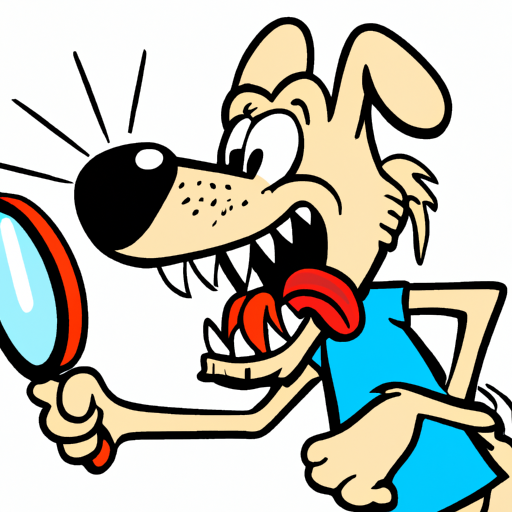Introduction
You’ve probably heard the old saying before: “a dog’s mouth is cleaner than a human’s.” As someone who cares deeply for your furry friend, you might have found comfort in this saying. But how true is it really? Well, buckle up, because we’re about to embark on a journey that explores the cleanliness of a dog’s mouth.
Understanding the Canine Mouth
Firstly, it’s essential to understand what exactly resides in a dog’s mouth. Like us humans, dogs have a variety of bacteria living in their mouths. But, does this mean their mouths are clean, dirty, or somewhere in between? Let’s take a look at some key points:
- Different Bacteria: Dogs and humans have different types of bacteria in their mouths. While some may overlap, the majority are species-specific.
- Bacteria Count: Although the total count of bacteria might be similar, the types can vary drastically, affecting the overall cleanliness.
| Bacteria Type | Human Mouth | Dog Mouth |
|---|---|---|
| Streptococcus | High | Moderate |
| Actinomyces | Moderate | High |
| Porphyromonas | Low | High |
Factors Affecting a Dog’s Mouth Cleanliness
A variety of factors can affect the cleanliness of a dog’s mouth. Here are a few you should consider:
- Diet: Dogs that are fed a balanced and hygienic diet tend to have cleaner mouths.
- Oral Hygiene: Regular dental check-ups and cleanings can drastically improve a dog’s oral health.
- Age: Older dogs may have more dental issues, leading to a less clean mouth.
Keeping Your Dog’s Mouth Clean
Wondering how you can help maintain or improve your dog’s oral hygiene? Here’s what you can do:
- Feed your dog a balanced diet.
- Provide chew toys that promote dental health.
- Brush your dog’s teeth regularly.
- Schedule regular dental check-ups.
Common Misconceptions
Contrary to popular belief, a dog’s mouth is not cleaner than a human’s. It’s simply different. The bacteria present in a dog’s mouth is suited to their specific needs and lifestyle, just as ours is to us.
FAQs
Q: Can I get sick if my dog licks me?
A: While it’s rare, there are diseases that can be transmitted from dogs to humans through saliva. It’s always best to discourage face licking.
Q: How often should I clean my dog’s teeth?
A: Ideally, you should brush your dog’s teeth daily. However, a few times a week can also be beneficial.
Q: Do chew toys really help with a dog’s oral health?
A: Yes, certain chew toys can help reduce plaque and promote healthier gums.
Q: Is it necessary to take my dog for dental check-ups?
A: Yes, regular dental check-ups can help detect and prevent oral health issues.
In conclusion, while a dog’s mouth isn’t necessarily cleaner than a human’s, it’s not a cesspool of bacteria either. With proper care and attention to oral hygiene, you can ensure that your furry friend’s kisses remain as harmless and affectionate as they are meant to be.



